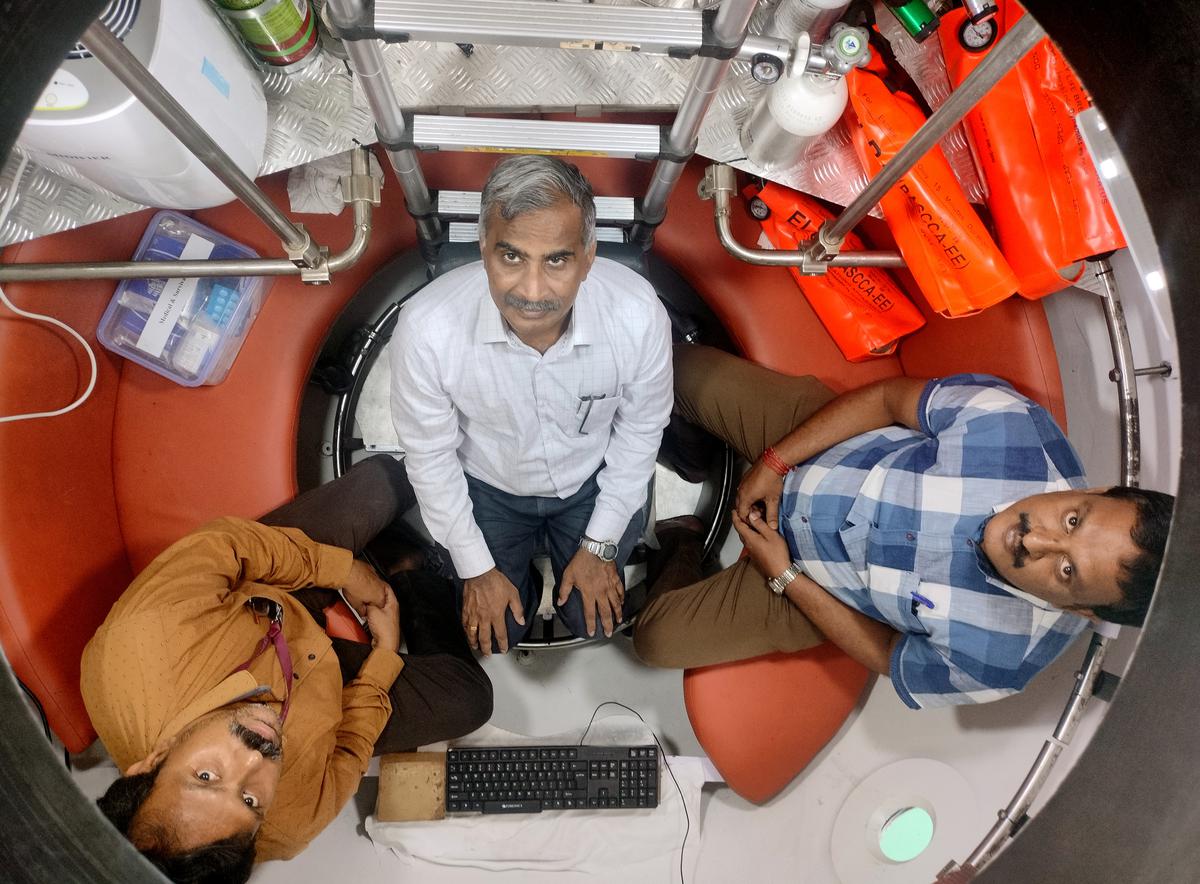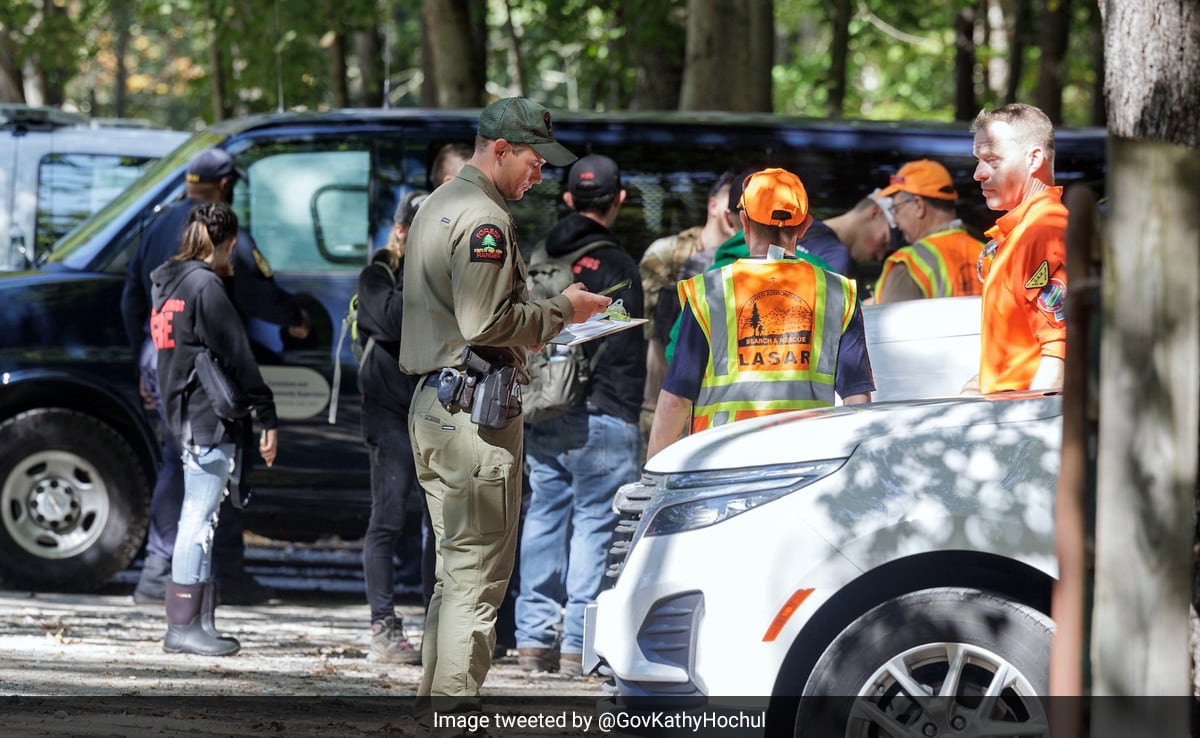The Tata Steel plant in Port Talbot, south Wales. File
| Photo Credit: Reuters
The UK on September 14 announced that it had agreed a joint investment package with Tata Steel for the country’s largest steelworks in Wales, including a grant worth up to GBP 500 million – dubbed one of the largest British government support packages in history and a “defining moment” for the steel industry.
As part of the agreement, the Indian steel giant is expected to invest GBP 1.25 billion, including the government grant, in a new Electric Arc Furnace and related facilities for greener steel production at Port Talbot in South Wales, currently the U.K.’s largest single carbon emitter.
The Department for Business and Trade (DBT) said the proposal, which is subject to information and consultation processes led by Tata Steel, has the potential to safeguard over 5,000 jobs across Britain.
“The UK government is backing our steel sector, and this proposal will secure a sustainable future for Welsh steel and is expected to save thousands of jobs in the long term,” said U.K. Business and Trade Secretary Kemi Badenoch.
“This is an historic package of support from the UK government and will not only protect skilled jobs in Wales but also grow the UK economy, boost growth and help ensure a successful U.K. steel industry,” she said.
Tata Steel U.K. employs over 8,000 people, including at Port Talbot, which was under serious threat without substantial investment. The company also supports around 12,500 further jobs in the upstream supply chain.
“The agreement with the UK government is a defining moment for the future of the steel Industry and indeed the industrial value chain in the U.K.,” said Tata Group Chairman N. Chandrasekaran, who had been working with the Prime Minister Rishi Sunak led government in developing a “transition pathway” for sustainable steelmaking in the U.K.
“The proposed investment will preserve significant employment and presents a great opportunity for the development of a green technology-based industrial ecosystem in South Wales. We look forward to working with our stakeholders on these proposals in a responsible manner,” he said.
The new electric furnace is to replace the existing coal-powered blast furnaces, which are nearing the end of their effective life, and reduce the U.K.’s entire carbon emissions by around 1.5 per cent as a result. An Electric Arc Furnace uses an electric current to melt scrap steel or iron and produce steel, whereas blast furnaces use coke, a carbon-intensive fuel made from coal to produce steel.
“This proposal is a landmark moment for maintaining ongoing UK steel production – supporting sustainable economic growth, cutting emissions, and creating green jobs. It is right that we are ready to step in to protect this world class manufacturing industry and to support a green growth hub in South Wales,” said U.K. Chancellor Jeremy Hunt.
Tata Steel U.K. will now inform and consult with staff and unions on the agreed proposals, with unions fearing thousands of job losses.
“Unions should have had a seat at the table throughout this process, as it is clear the interests of the workforce have not been considered in the rush to sign off a deal to do decarbonisation on the cheap,” said the Community steelworkers, among those concerned about the arrangements.
Stephen Kinnock, Opposition Labour MP for Aberavon which covers Port Talbot, said the investment to decarbonise was long overdue, but that he was concerned that ministers did not “adequately consult steel unions”.
The U.K. government said it would also ensure support for any staff affected by the transition, working with the devolved Welsh government and Tata Steel to establish a dedicated transition board to support both affected employees and the local economy with up to GBP 100 million funding.
“Steelmaking remains a vital part of the Welsh economy and this huge support package from the U.K. Government ensures that the industry now has a bright future to match its long and proud history in South Wales,” added Welsh Secretary David T C Davies.














